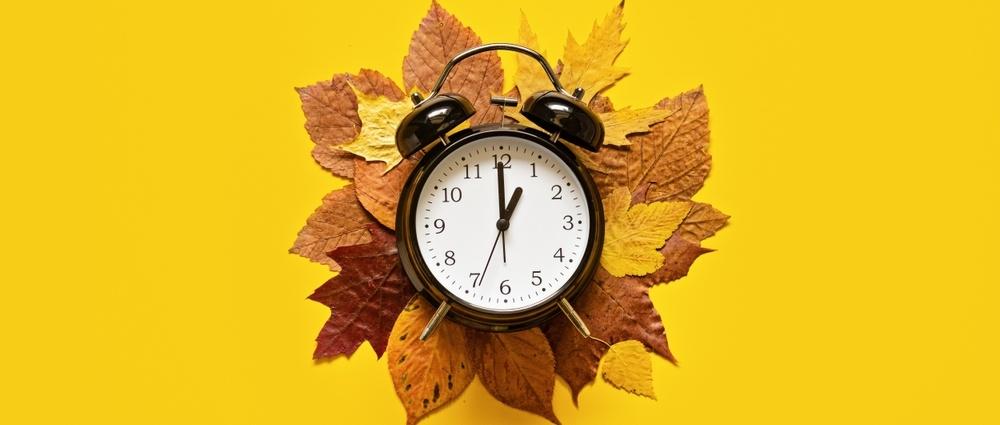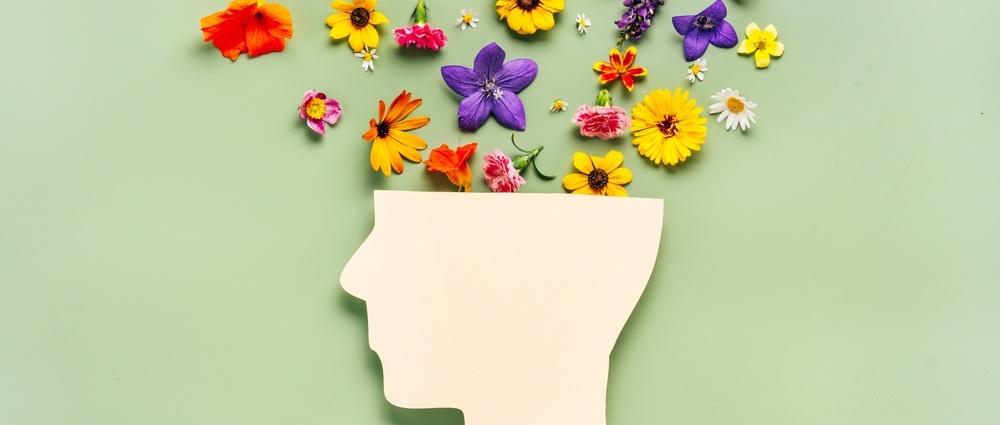
Sommerzeit: Warum die Zeitumstellung unsere Gesundheit beeinträchtigen kann
Peer reviewed by Dr Colin Tidy, MRCGPLast updated by Lynn StephenLast updated 15 Oct 2025
Erfüllt die Anforderungen des Patienten redaktionelle Richtlinien
- HerunterladenHerunterladen
- Teilen Sie
- Sprache
- Diskussion
Die Tage werden kälter und kürzer, was bedeutet, dass der Herbst im Vereinigten Königreich Einzug gehalten hat. Bald werden die Uhren um eine Stunde zurückgestellt, um das Ende der Sommerzeit zu markieren. Obwohl wir dadurch eine Stunde länger im Bett bleiben können, könnte die Zeitumstellung Auswirkungen auf unsere Gesundheit haben.
In diesem Artikel:
Lesen Sie unten weiter
Why do our clocks change?
In Britain, the clocks will move back by one hour at 2am on Sunday 26th October. We change the clocks to make better use of natural daylight in the morning.
Between March and October - during Daylight Saving Time - an hour of daylight is borrowed from the morning and added to the end of the day. At the end of October, we push the clocks back and return to standard time or Greenwich Mean Time.
The United States, Canada, Australia and New Zealand - as well as European countries such as France, Germany, Italy, Poland and Spain - also change their clocks.
Every year, the clock change causes a discussion about whether we should continue the practice. Some people welcome the change as it marks the start of a new season, but others argue that it’s an inconvenience.
However, some researchers suggest that changing the clocks can have a serious effect on our health because of the disruption to our circadian rhythms.
Circadian rhythms are physical, mental and behavioural changes that follow a 24-hour cycle, regulating things such as alertness, sleepiness and appetite. These processes tend to be aligned with the cycle of day and night.
How does the clocks changing affect health?
According to research, moving our clocks forward or back by an hour can disturb these natural rhythms - leading to several health issues.
Increase in mood disorders
Research has linked the clocks changing to an increase in mood disorders such as depression or seasonal affective disorder. When the clocks go forward in the spring, it means we have darker mornings and lighter evenings.
Less morning light can lower levels of the mood-boosting hormone serotonin, which can affect how you feel emotionally - especially if you already have a mental health issue such as depression.
Research has also linked the clocks going back to mood disorders. A US study found an 11% increase in depressive episodes during the switch from daylight saving to standard time.
Gestörter Schlaf
The clocks changing can also affect our sleep schedules, which in turn can affect our mood and ability to concentrate. The shift may mean we go to bed and wake up earlier or later than usual - and the disruption could lead to insomnia or interrupted sleep.
Although these issues are usually temporary - lasting a few days or weeks - it can make us feel tired and foggy.
This fatigue may also lead to accidents. A study of 732,000 car accidents over two decades found that the annual switch to Daylight Saving Time is associated with a 6% increase in fatal car crashes that week.
Increased chance of cardiovascular disease
The disruption to our circadian rhythms may also be linked to heart disease, according to some studies - although the exact reason why is unknown.
A study review found that the chance of heart attacks increased “modestly but significantly” after the shift to daylight saving time in the spring but not in winter clock change.
According to the researchers, the abrupt change to the ‘sleep-wake cycle’ has been linked to inflammation and imbalances in the nervous system.
Another study found that moving into daylight saving time is associated with a higher chance of cardiovascular disease, mental health issues and immune-related disorders.
How to manage the clocks changing
Get fresh air
Getting outside and exercising frequently are both useful ways to help you reset your internal body clock. Going for a walk first thing after you wake up may help you adjust to the day after the clocks change.
Koffein meiden
Stimulants such as caffeine can keep you awake and throw off the natural balance between sleep and wakefulness. If you are having trouble sleeping at night, it may help to avoid coffee after midday.
Limit light before bed
Artificial light exposure at night can interfere with your circadian rhythm. Try to avoid using electronic devices that emit blue light - such as phones and laptops - in the lead-up to bedtime.
Keep naps short and early in the afternoon
When you’re feeling tired, it’s tempting to have a nap - but longer naps or napping later in the day can mean you struggle to sleep at night. If you do have a nap, keep it short at around 20 minutes.
Follow a consistent sleep schedule
Sticking to a bedtime or morning wake-up time can help your body adjust to a stable circadian rhythm. Get your bedroom ready for a good night’s sleep by making it dark and comfortable. Try to relax before bed, for example, by having a bath or reading a book.
Seek help if you’re struggling with your mental health
If you’re experiencing depression, anxiety or another mental health problem, it’s important to speak to your doctor for advice. You can also self-refer for counselling on the NHS.
Patientenauswahl für Depressionen

Psychische Gesundheit
Wie Sie mit anderen über Ihre psychische Gesundheit sprechen können
Hilfe zu suchen ist oft der erste Schritt, um gesund zu werden und zu bleiben, aber es ist nicht immer einfach, über ein psychisches Problem zu sprechen. Es ist normal, dass man sich nicht traut, mit einem vertrauten Freund oder Familienmitglied über seine Gesundheit zu sprechen - und seinen Arzt oder Arbeitgeber um Hilfe zu bitten, kann überwältigend sein.
von Lawrence Higgins

Psychische Gesundheit
Was ist "gute psychische Gesundheit"?
Wir alle wollen uns wohl fühlen, sowohl geistig als auch körperlich. Aber was Wohlbefinden bedeutet - insbesondere im Hinblick auf die psychische Gesundheit - ist für jeden von uns anders. Wir alle brauchen unterschiedliche Dinge, um uns gut zu fühlen.
von Lynn Stephen
Artikel Geschichte
Die Informationen auf dieser Seite wurden von qualifizierten Klinikern geprüft.
Nächste Überprüfung fällig: 15 Oktober 2028
15 Okt 2025 | Neueste Version
23 Oktober 2023 | Ursprünglich veröffentlicht
Verfasst von:
Lydia Smith

Fragen, teilen, verbinden.
Stöbern Sie in Diskussionen, stellen Sie Fragen, und tauschen Sie Erfahrungen zu Hunderten von Gesundheitsthemen aus.

Fühlen Sie sich unwohl?
Beurteilen Sie Ihre Symptome online und kostenlos
Melden Sie sich für den Patienten-Newsletter an
Ihre wöchentliche Dosis klarer, vertrauenswürdiger Gesundheitsratschläge – geschrieben, damit Sie sich informiert, sicher und unter Kontrolle fühlen.
Mit Ihrer Anmeldung akzeptieren Sie unsere Datenschutzerklärung. Sie können sich jederzeit abmelden. Wir verkaufen Ihre Daten niemals weiter.